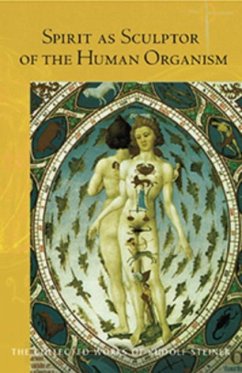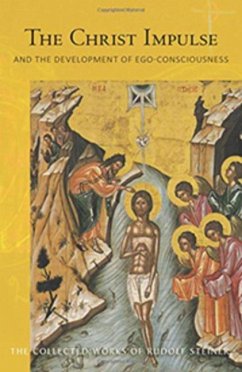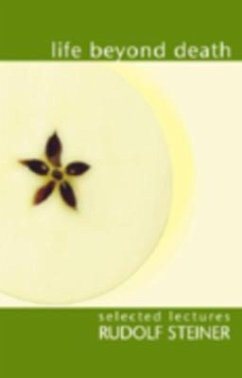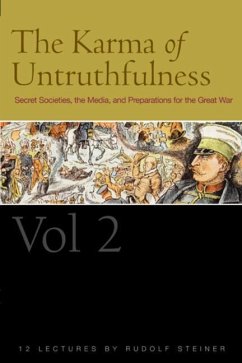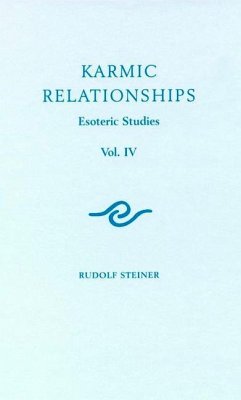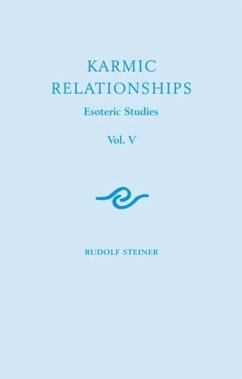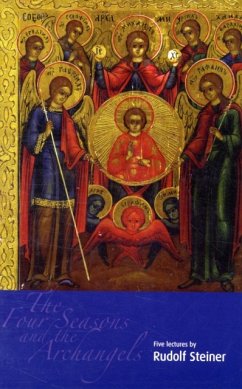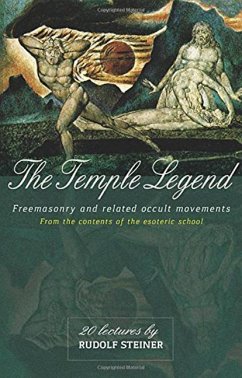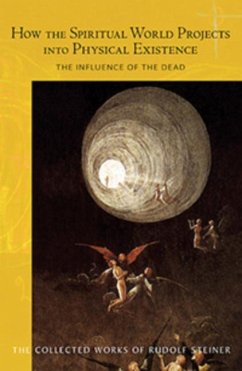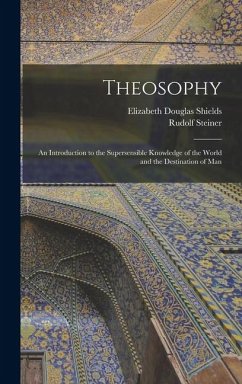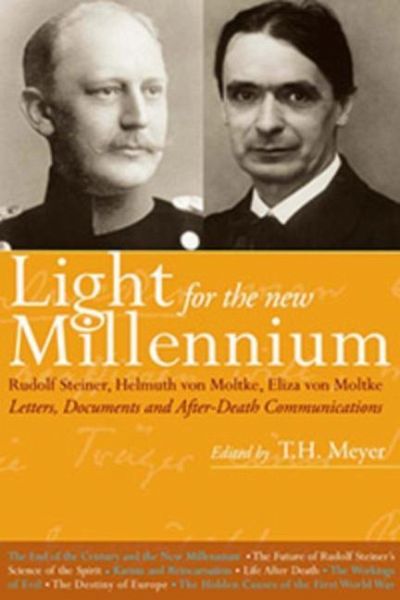
Light for the New Millennium
Letters, Documents and After-Death Communications
Herausgeber: Meyer, T H / Übersetzer: Askew, Martin; Forward, William; Hermann-Davey, Heidi
Versandkostenfrei!
Versandfertig in 2-4 Wochen
33,99 €
inkl. MwSt.

PAYBACK Punkte
17 °P sammeln!
Containing a wealth of material on a variety of subjects, Light for the New Millennium tells the story of the meeting of two great men and their continuing relationship beyond the threshold of death: Rudolf Steiner and Helmuth von Moltke (1848-1916), a renowned military leader, Chief of the general staff of the German Army during the outbreak of World War I. In 1914, following disagreements with the Kaiser, Moltke was dismissed from his post. This led to a great inner crisis in the General, that in turn drew him closer to Steiner. When Moltke died two years later, Steiner maintained contact wi...
Containing a wealth of material on a variety of subjects, Light for the New Millennium tells the story of the meeting of two great men and their continuing relationship beyond the threshold of death: Rudolf Steiner and Helmuth von Moltke (1848-1916), a renowned military leader, Chief of the general staff of the German Army during the outbreak of World War I. In 1914, following disagreements with the Kaiser, Moltke was dismissed from his post. This led to a great inner crisis in the General, that in turn drew him closer to Steiner. When Moltke died two years later, Steiner maintained contact with his excarnated soul, receiving communications that he passed on to Moltke's wife, Eliza. These remarkable and unique messages are reproduced here in full, together with relevant letters from the General to his wife. The various additional commentaries, essays and documents give insights to themes of continuing significance for our time, including the workings of evil; karma and reincarnation; life after death; the new millennium and the end of the last century; the hidden causes of the First World War; the destiny of Europe, and the future of Rudolf Steiners science of the spirit.



